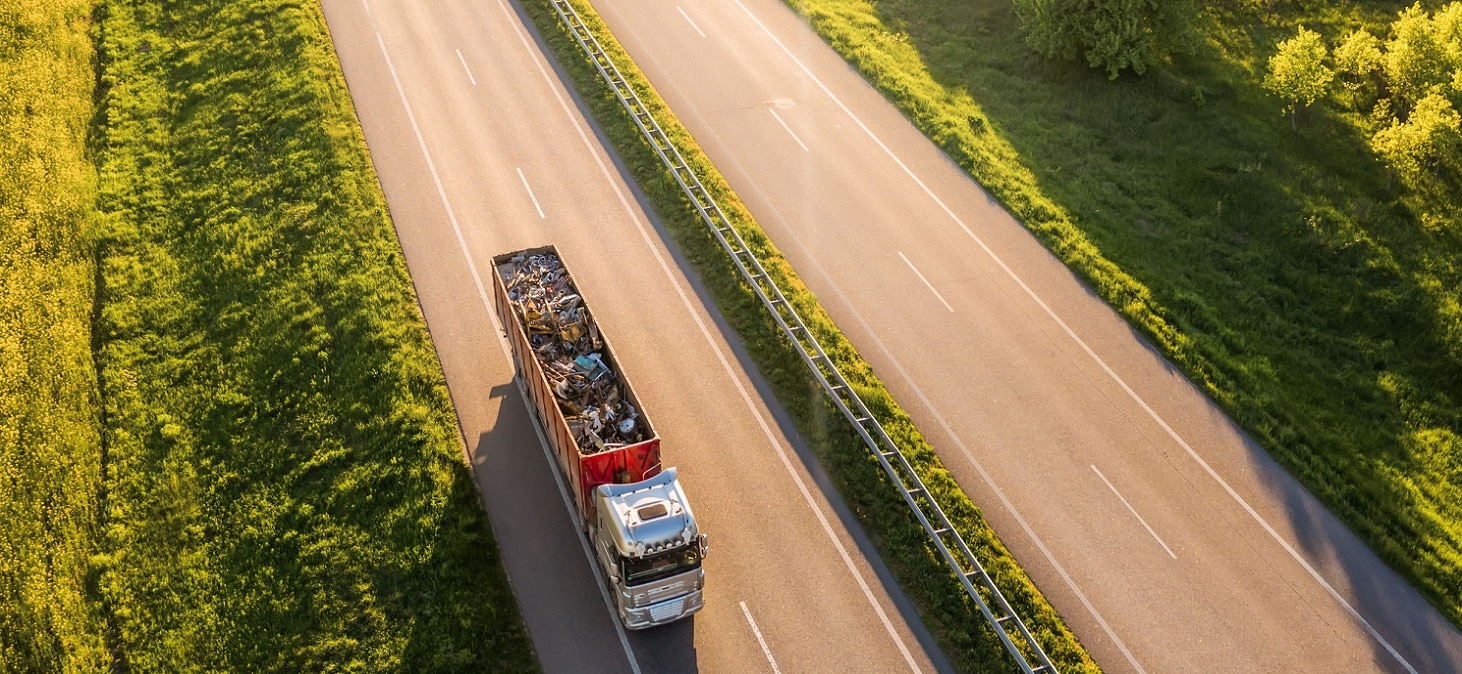
The road to net-zero is complex, and it would be unrealistic to expect linear progress. The result of France’s snap parliamentary election endorses our view that sustainable transition has to be commercial. (UBS)
The composition of the European Parliament matters for the adoption of EU legislation, although the Parliament does not have powers to initiate the legislation process. Only the Commission, usually in partnership with the EU Council (the group of EU heads of state), can initiate new laws. This is why the upcoming appointment of the Commission Presidency is also critical to watch.
While we expect Commission President incumbent Ursula von der Leyen to keep her position, this is a not a foregone conclusion. The far-right parties do not have kingmaker voting power, but it’s likely that the least popular pieces of the Green Deal package will be on the negotiating table over the next month before the Parliament votes on the next Commission chief.
The regulation, which imposes stricter standards for auto manufacturers, including a phase out of all new ICE (Internal Combustion Engine) car sales by 2035, is most at risk of reversal. As reported by the media, the head of the EPP (European People’s Party), the leading center-right party with most votes in the parliament, noted its likely rollback. Other regulation at risk would be the EU Nature Restoration Law, focused on biodiversity conservation, which has been the subject of heated debate over the last year and significant farmer-led protests.
Looking ahead, we expect challenges for the EU Commission to advance any meaningfully more ambitious policies. For example, the Commission launched the process of setting a 2040 carbon reduction target of 90% (from the 1990 baseline). The latest Climate Action report shows a 32.5% reduction in emissions since 1990, as of 2022. A target this ambitious is unlikely to pass in the interim, in our view.
This is where the local-level elections at the EU member states really matter: France’s decision to call a snap election, and the poor showing of the German ruling coalition, increase the likelihood that the two largest EU economies will struggle to support even more ambitious EU level policies while facing backlash at home.
The road to net-zero is complex, and it would be unrealistic to expect linear progress. This election result endorses our view that sustainable transition has to be commercial. Geopolitical and economic uncertainty in recent years has highlighted the stark need for better transition policies that recognize near-term tradeoffs and iterate around short- and medium-term milestones to underpin multi-decade decarbonization goals.
For investors, we reiterate our investment conviction in:
- Sustainable infrastructure and related solutions that tackle near-term development bottlenecks. For example, we highlighted in this recent piece that rising curtailments as infrastructure matures acts as a constraint on renewables deployment from Germany to China, despite equipment cost parity. Infrastructure investments also offer investors the opportunity to participate in the transition with visible project risk/returns, and balance technological risk.
- Technological solutions to industrial transition, in both hardware and applications of artificial intelligence. Identifying decarbonization solutions beyond the power and transportation sectors (where current technology already brings visibility to eliminating the bulk of emissions) requires industry-specific systems-based thinking, with early adopters in each sector likely gaining cost advantages as transition progress continues to unfold.
Main contributor: Catherina Campedelli and Amantia Muhedini
Read full article UBS Blog: What do EU elections mean for climate investments in Europe? 12 June 2024


